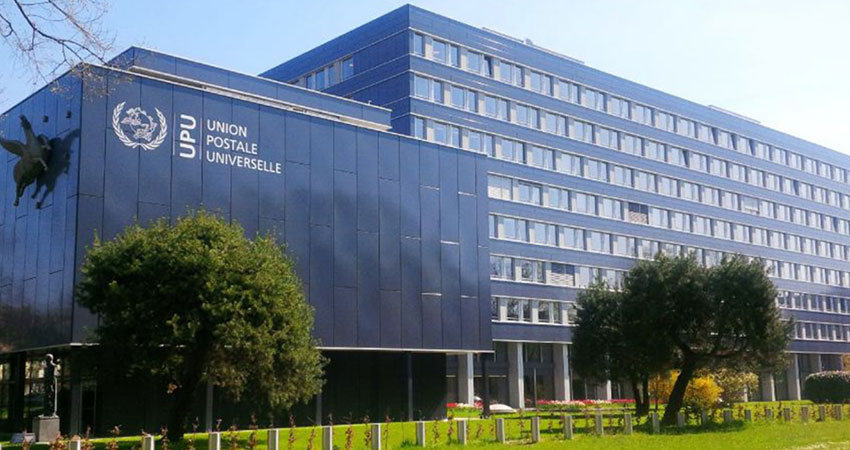International shippers are going to face increased postal rates on July 1 as a September agreement among member countries of the 192-member Universal Postal Union (UPU) take effect, with the U.S.’s self-declared terminal dues rates going into effect for inbound letters and small parcels.
Under terms of the agreement, countries with more than 75,000 metric tons of inbound mail per year can set their own terminal dues rates as of Jan. 1, 2021, with a five-year phase-in period. The agreement affects parcels weighing 4.4 lbs. or less, representing the vast majority of ecommerce shipments.
It will be a bit of the wild west as shippers work to sort out the new rates, with 31 countries reciprocating the U.S.’s self-declared rates for outbound shipments from here, according to Supply Chain Dive. Experts recommend that shippers move parcel volume to commercial networks such as carriers and freight forwarders to get discounted rates.
The unusual congress of the UPU was held after the Trump administration threatened to pull out of the coalition altogether over inequities in a system that granted China favorable postal rates due to its outdated designation as a developing country. This meant it was cheaper for Chinese merchants to send small parcels from China to the U.S. than for domestic sellers to ship to another state.
Terminal dues are the fees that a national postal service is charged to have packages delivered in another country. Under the new UPU agreement, the USPS has increased its terminal dues to about 70% of the U.S. domestic rate, which experts believe will result in significantly increased postage rates from other countries, especially China. The new USPS rates are $2.87 per piece and $3.95 per kilogram.
“When other countries have the opportunity to change their terminal dues in January, it could impact outbound rates from the U.S. to these destination countries,” said Todd Benge, vice president of parcel operations for Transportation Insight. “It is likely that we will see substantial increases to USPS international mail and package rates.”
Benge said shippers should prepare for substantial cross-border shipping hikes in January. For inbound shipping from other countries, especially China, he recommended shipping in bulk and storing closer to customers in the U.S. to save on costs.
“The typical international mail package from China to the U.S. could take two weeks for delivery,” Benge said. “At the current low rates, this may be somewhat acceptable. However, with cost increases on the horizon, it may be time to warehouse your product closer to customers. By shipping in bulk and distributing in country, you can reduce delivery time substantially without a huge increase in total logistical cost. Better customer satisfaction may far outweigh shipping cost increases.”
For outbound shipping to customers in other countries, Benge said carriers, consolidators and freight forwarders all offer solutions to move product in bulk to the destination country, then distribute items to their final destination through local small package networks. “These solutions are cost effective and will shorten delivery cycles,” he said.
Gordon Glazer, a senior parcel consultant with shipping consultancy Shipware, said one problematic wrinkle is that only 12 countries have ratified rate acceptance of new terminal dues under ePacket, a fast, inexpensive and tracked service from the USPS for delivery of lightweight parcels from China and Hong Kong, as of July 1. Previously, there were 44 eligible ePacket countries. The UK, a primary market for many cross-border sellers, is not one of them, Glazer said.
“The UK, Canada, Australia and the EU are the largest international markets (for domestic ecommerce sellers),” he said. “So, the UK not being a part of ePacket, that’s a problem.”
In general, Glazer recommended international shippers use carriers and consolidators when the rate changes hit. “The commercial side is more flexible, has more options, they’re lower cost and faster moving than the USPS,” he said.

